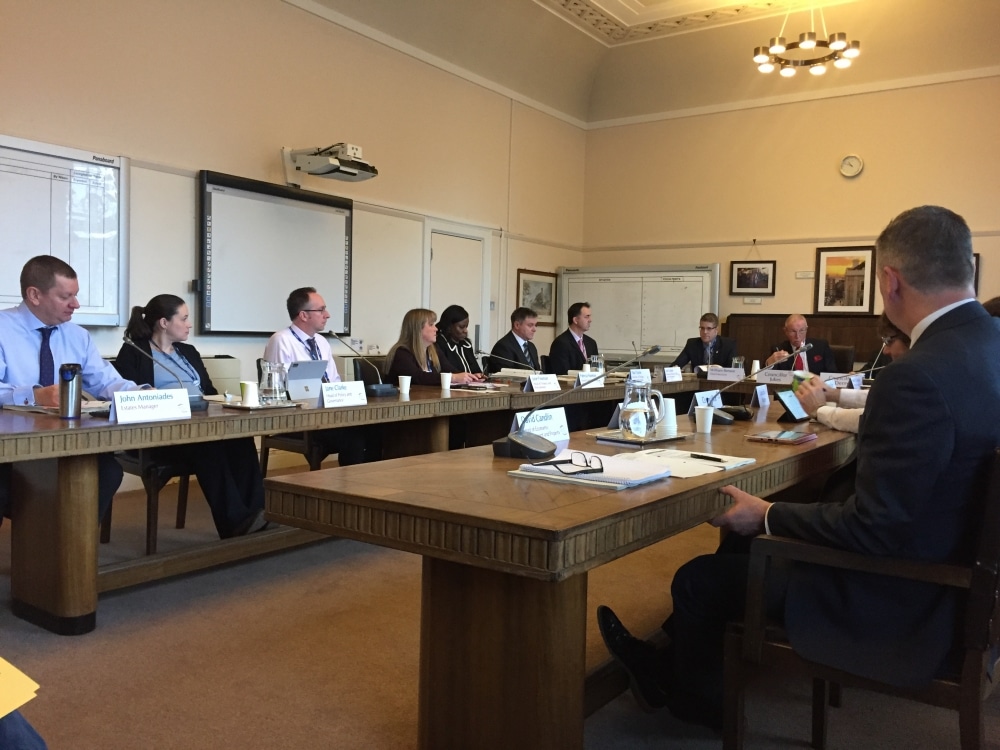After eight years of steadily reducing the Borough Council’s revenue support grant [RSG] to zero in 2018/19, the Department for Local Government was not proposing to stop there.
Councillor David Reilly, Portfolio Holder for Finance, said: “We were told we could be in a position where we could actually be paying the government to the tune of £606,000 [for 2019/20].
“That was resulting in council tax payer’s money from this borough being paid to central government. It is complete and utter nonsense.”
Lee Colyer, the council’s Director of Finance, said he had been lobbying for the government to change its mind.
And things looked up when the department issued a consultation document, which said their preferred method is to ‘do away’ with this negative revenue support grant.
Mr Colyer was hoping the government’s Provisional Local Government Settlement 2019/20 would confirm this on Friday, December 6.
However, in a Cabinet meeting the same day, he told members: “The government has announced that settlement will be delayed indefinitely while Parliament deals with Brexit.”
James Brokenshire, Secretary of State for Local Government, confirmed as much in a statement.
Council members reacted to the news in frustration.
William Benson, the council’s Chief Executive, wrote on Twitter: “I’m honestly kicking myself for believing we would get details of next year’s funding when promised.
“I know Brexit’s important, but so is knowing what resources we have to deliver our services next year enabling us to plan how to deliver them.”
Mr Brokenshire’s statement did not say when the announcement could now be expected.
Securing the reversal of policy is key to the council’s 2019/20 budget.
Mr Colyer added: “Provided the £606,000 of negative revenue support grant is removed, as now proposed, the draft budget still has a funding gap of £76,000.”
And council documents state: “This funding gap of £76,000 is an improvement [being £21,000 less severe] than the previously reported projection.
“However, if left unmanaged this would produce a combined deficit of £1.2million by 2023/24, which would need to be funded from new income or further efficiencies.”
The draft budget is set to go out to consultation and, if approved, could be enforced from April.








